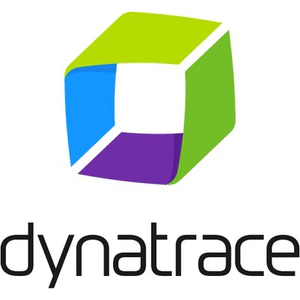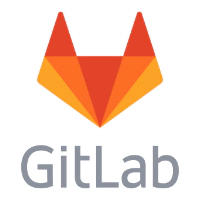There Is No Spoon? Understanding 'Spoon Theory' and Preventing Burnout
Spoon theory is a metaphor about the finite energy we each have to do things in a day. Different people, especially underrepresented people, have to spend their energy in different ways. Understanding that is crucial to creating environments where our devs can do good work and lead fulfilling lives.
Spoon theory is a social metaphor that relates to the finite amount of physical and emotional energy we each have to do things in a day. While a healthy, advantaged person may not have to worry about running out of ‘spoons,’ people with chronic illnesses or disabilities, as well as members of marginalized communities, often have to consider how they need to ration their energy in order to get through the day. Understanding how spoon theory can affect the lives of your developers and teammates could help companies lessen the everyday burdens on their underrepresented employees, leaving them more spoons to do their best work, avoid burnout and live a more fulfilling personal life at the same time.
My goal is to speak to people at all levels of the office hierarchy. Understanding the concept and vocabulary of spoon theory is an excellent tool when it comes to communicating with each other about our individual struggles and stress levels. It’s important for people who may be at risk of burning out to think more deeply about how they’re using their spoons and how they might be able to conserve them. It’s also important for everyone on a team to understand how limited spoons can affect the work of their coworkers and employees. Managers who have the ability to influence their workplace culture may be able to lessen the daily burdens of underrepresented developers and consequently help them save as many of their spoons as possible for doing quality work and having some energy left over to focus on other important things in their lives, like their families and hobbies.
In order to demonstrate the concept of spoon theory and how it relates to people’s lives, I’d like to go through an average morning routine from several perspectives. People with different difficulties in their lives have to spend their spoons in different ways. I’d like to make that plain by laying out some real world examples that relate to people with physical disabilities, people with mental illnesses and people who are members of marginalized communities and the different ways they may need to spend spoons over the course of their morning.
Additionally, I’d like to spend a little time discussing how spoon theory can relate to agile methodology. The focus on human collaboration in agile development is well served by understanding the differing needs of the individual members of your team. Spoons are an intangible unit of measurement, not unlike how velocity might be tracked across an agile team. If you believe that your team is the driving force behind your success, having an appreciable metric of the limit of their energy and capability is essential, in order to care for people and not push them beyond their limits.
Video
Speaker

Jameson Hampton
Jamey is a non-binary adventurer from Buffalo, NY who wishes they were immortal so they’d have time to visit every coffee shop in the world. They’re currently working as a professional ...




























